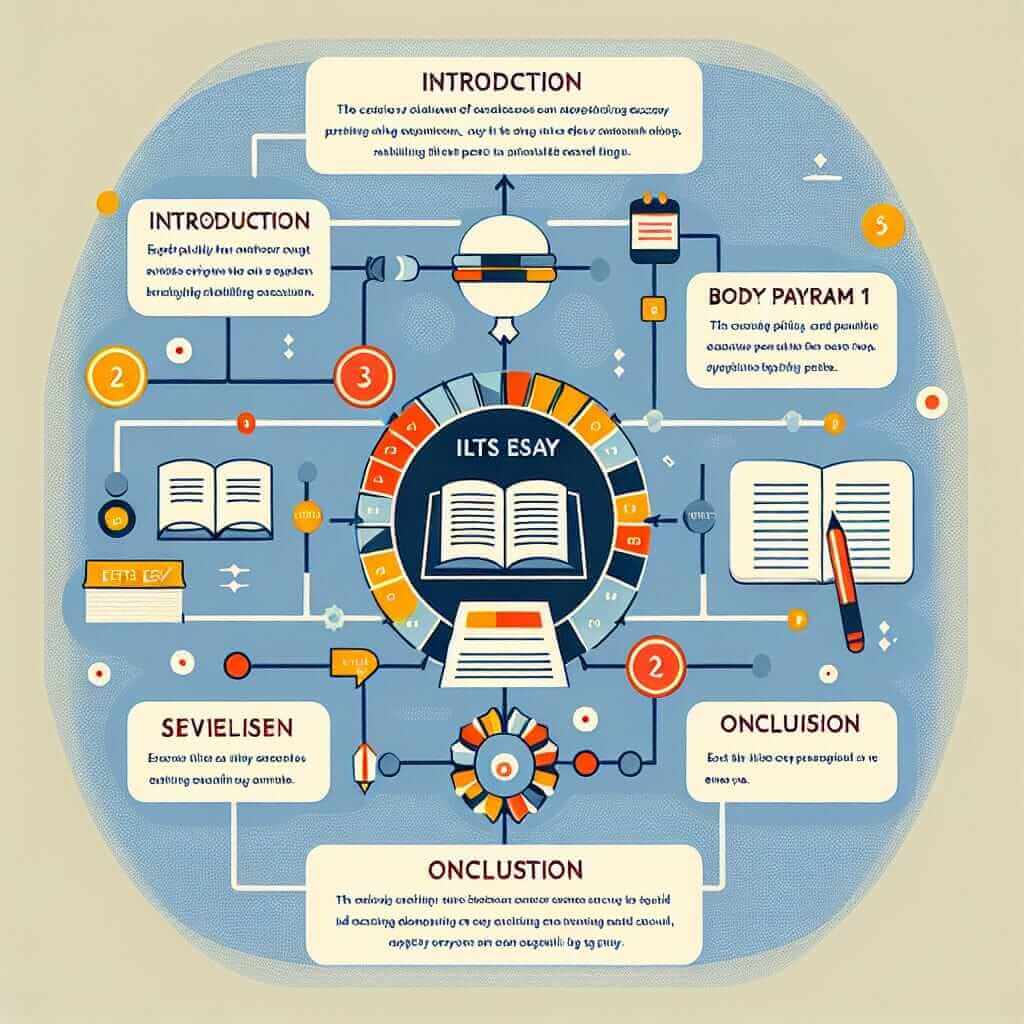As an IELTS instructor with over two decades of experience, I often encounter students fixated on grammar and vocabulary as the sole keys to a stellar writing score. While these are undeniably crucial, they represent just two pieces of a larger puzzle. To truly excel in IELTS writing, especially in Task 2, you need to think beyond linguistic accuracy and delve into the realm of effective argumentation, structure, and insightful analysis. So, “what other measures could be effective?” you ask. Let’s explore.
Understanding the Question: More Than Just Words
Many students fall into the trap of spotting familiar keywords in a question and launching into a pre-prepared response, neglecting the nuances of what’s actually being asked. This is where a keen understanding of the question’s core message becomes paramount.
Deconstructing the Prompt
Let’s consider an example:
“Many people believe that increasing fines for environmental violations is the most effective way to tackle pollution. To what extent do you agree or disagree?”
Here, the keyword may seem like “environmental pollution,” leading some students to regurgitate a generic essay about pollution. However, the crux of the question lies in evaluating the effectiveness of fines as a solution. Your essay should focus on this evaluation, providing reasons and examples to support your stance.
Identifying Key Instructions
Pay close attention to instruction words like:
- “To what extent…” This requires you to present a clear and nuanced opinion, acknowledging varying perspectives.
- “Discuss both views…” You need to explore both sides of the argument before reaching a conclusion.
- “Give your own opinion…” This explicitly asks for your personal viewpoint, supported by relevant evidence.
Crafting a Cohesive and Impactful Response
Once you’ve grasped the question, it’s time to structure your response for maximum impact.
The Power of a Structured Essay
A well-organized essay allows the examiner to follow your line of reasoning with ease. Consider this structure:
- Introduction: Briefly paraphrase the question and clearly state your opinion.
- Body Paragraph 1: Present your main argument with supporting evidence.
- Body Paragraph 2: Develop a second supporting argument or address a counter-argument.
- Conclusion: Summarize your main points and restate your opinion.

Beyond Vocabulary: Lexical Resource is Key
While using high-level vocabulary is beneficial, don’t force it. Instead, focus on using a range of vocabulary related to the topic naturally and accurately. Demonstrate your lexical resource by:
- Using synonyms to avoid repetition.
- Incorporating relevant collocations.
- Employing a variety of grammatical structures.
Examples from Real IELTS Essays
Let’s look at how to apply these points to the example question:
Weak response: “Pollution is a big problem. Governments should punish people who pollute. Money is a good deterrent.”
Stronger response: “While I acknowledge that financial penalties can deter environmentally harmful behavior to some extent, I firmly believe that relying solely on fines is a simplistic and ultimately ineffective approach to combating pollution…”
The second response clearly states a position, uses appropriate vocabulary, and sets the stage for a more nuanced discussion.
The Final Touches: Review and Refine
Always allocate time for proofreading. Check for:
- Coherence and Cohesion: Does your essay flow logically? Are ideas connected smoothly?
- Grammatical Accuracy: Are sentences structured correctly with proper tense usage?
- Vocabulary Choice: Is your language appropriate and varied?
Remember, effective IELTS writing is not about showcasing memorized phrases or complex grammar rules in isolation. It’s about utilizing all the tools at your disposal – language, structure, and critical thinking – to craft a compelling and well-supported response.